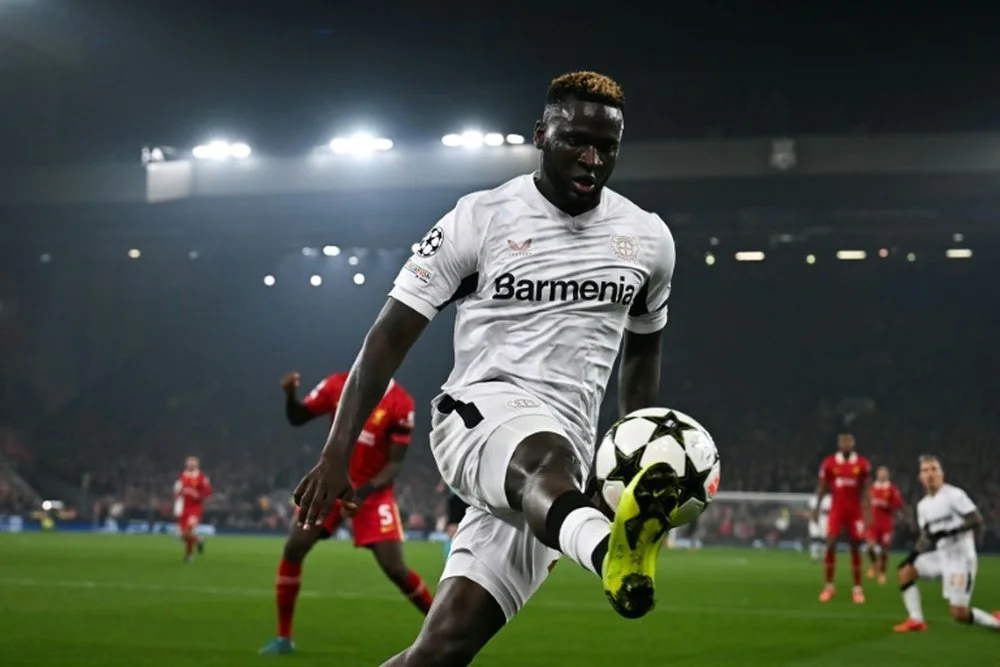Michael Oliver Retained for Key Fixtures Despite Controversial Red Card Decision
Premier League referee Michael Oliver has retained his officiating duties despite facing intense criticism for his contentious decision to send off Arsenal left-back Myles Lewis-Skelly during Saturday's match against Wolverhampton Wanderers. The incident, which occurred at Molineux, saw Lewis-Skelly receive a straight red card for a high challenge on Wolves defender Matt Doherty. The decision, upheld by VAR, sparked widespread debate but did not derail Arsenal’s efforts, as they secured a narrow 1-0 victory.
Contrary to speculation that Oliver might be dropped from officiating in upcoming matches, the 39-year-old has been entrusted with high-profile assignments. He is set to officiate Wednesday’s UEFA Champions League clash between Barcelona and Atalanta and will also take charge of Ipswich Town vs. Southampton in the Premier League on Saturday. Additionally, Oliver has been designated to handle next month’s rescheduled Merseyside derby at Goodison Park, marking the final encounter between Everton and Liverpool at the iconic venue.
Opinion: The Thin Line Between Accountability and Support in Officiating
The decision by the Professional Game Match Officials Limited (PGMOL) to back Michael Oliver sends a clear message: referees need support, even under fire. While controversial calls are part and parcel of football, they often place referees under immense scrutiny, especially in the era of VAR where expectations for accuracy are sky-high.
Oliver’s red card decision for Lewis-Skelly was undoubtedly divisive. Some argue it was harsh, given the subjective nature of judging intent in split-second actions. Others believe it was justified based on the danger posed by the studs-up challenge. VAR’s endorsement of the decision only added fuel to the debate, highlighting the ongoing challenges of consistency and interpretation in officiating.
Retaining Oliver for key fixtures could be seen as a statement of confidence in his capabilities by PGMOL. However, it also raises questions about whether referees are shielded from accountability in controversial situations. A temporary step back might have provided Oliver with a breather and allowed PGMOL to engage in reflective discussions about the call and its implications.
That said, removing referees after controversial moments can set a dangerous precedent, potentially eroding their confidence and authority. Officiating is a thankless job, often judged by decisions made in mere seconds that can shift the narrative of a game and ignite fan outrage.
Ultimately, this situation underscores the need for transparent communication from PGMOL to bridge the gap between officials, clubs, and fans. By openly addressing contentious calls and explaining the rationale behind decisions, the league can foster greater understanding and trust.
As Michael Oliver steps into his next set of assignments, all eyes will be on him—not just for his decisions, but for how he handles the pressure of public scrutiny. His performance in the Champions League and Merseyside derby will be a litmus test of his resilience and a reminder of the human element in the beautiful game.








